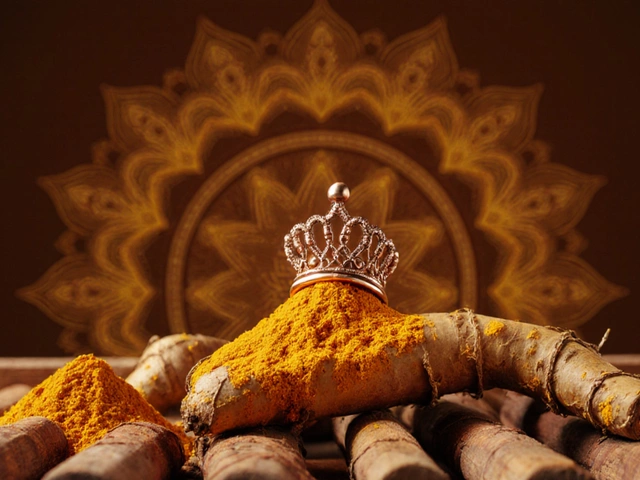Hardest Cancer to Cure – What Makes Some Cancers So Tough?
If you’ve ever heard someone say “cancer is a death sentence,” you’re probably thinking about the cancers doctors call “hardest to cure.” Those are the ones that keep growing despite surgery, chemo, or radiation. In this guide we’ll break down which cancers fall in that group, why they’re so stubborn, and what options exist for patients today.
The Top Three Hardest Cancers
First up is pancreatic cancer. It hides deep in the abdomen, shows tiny symptoms, and spreads fast. By the time it’s spotted, surgery is often impossible and chemo only slows it down a bit. Next is glioblastoma, an aggressive brain tumor. The brain’s protective skull makes drug delivery tough, and even after removing the tumor, the cells grow back quickly. The third big player is metastatic melanoma. Although early skin melanoma can be cured, once it spreads to other organs it becomes very hard to knock out.
Why These Cancers Resist Treatment
One reason is a thick protective barrier. Pancreatic tumors have a dense wall of tissue that blocks medicines, while glioblastoma cells sit behind the blood‑brain barrier. Another reason is genetic diversity: cancer cells mutate fast, so a drug that kills some cells leaves others untouched. Lastly, many of these cancers grow in places where surgery would cause big damage, so doctors have to rely on drugs that often aren’t strong enough.Because of these hurdles, survival rates stay low. For pancreatic cancer, five‑year survival sits under 10 %. Glioblastoma hovers around 5 % for the same period, and metastatic melanoma, even with newer immunotherapies, still sees only about 20 % of patients reach five years.
What does that mean for you or a loved one? It means early detection matters more than ever. If you notice persistent stomach pain, sudden headaches, or a mole that changes shape, get checked right away. Some newer treatments like targeted therapy or immunotherapy are showing promise, but they work best before the cancer spreads far.
Living with a hard‑to‑cure cancer can feel overwhelming, but there are steps you can take. Talk to your doctor about clinical trials – many cutting‑edge drugs are only available that way. Stay on top of nutrition and mental health; a strong body handles treatment better. And lean on support groups – sharing experiences with others can lift your spirits.
Bottom line: the hardest cancers to cure are those that hide deep, grow fast, and resist drugs. While science is making progress, early detection and a proactive, supportive approach are the best tools you have right now.

What is the Hardest Cancer to Cure? Unpacking the Realities of Cancer Treatment
Some cancers are stubborn, fighting back against every attempt to treat them. This article breaks down which cancer is the hardest to cure and why, using real-world facts and the latest treatment details. Get to know what makes these cancers so aggressive. Learn what scientists and doctors are doing right now to try and beat them. Discover crucial tips to support those dealing with a tough diagnosis.

Best Natural Herb for Your Health: A Deep Dive
Feb, 26 2025

Turmeric: The King of Healing Herbs Explained
Oct, 12 2025


